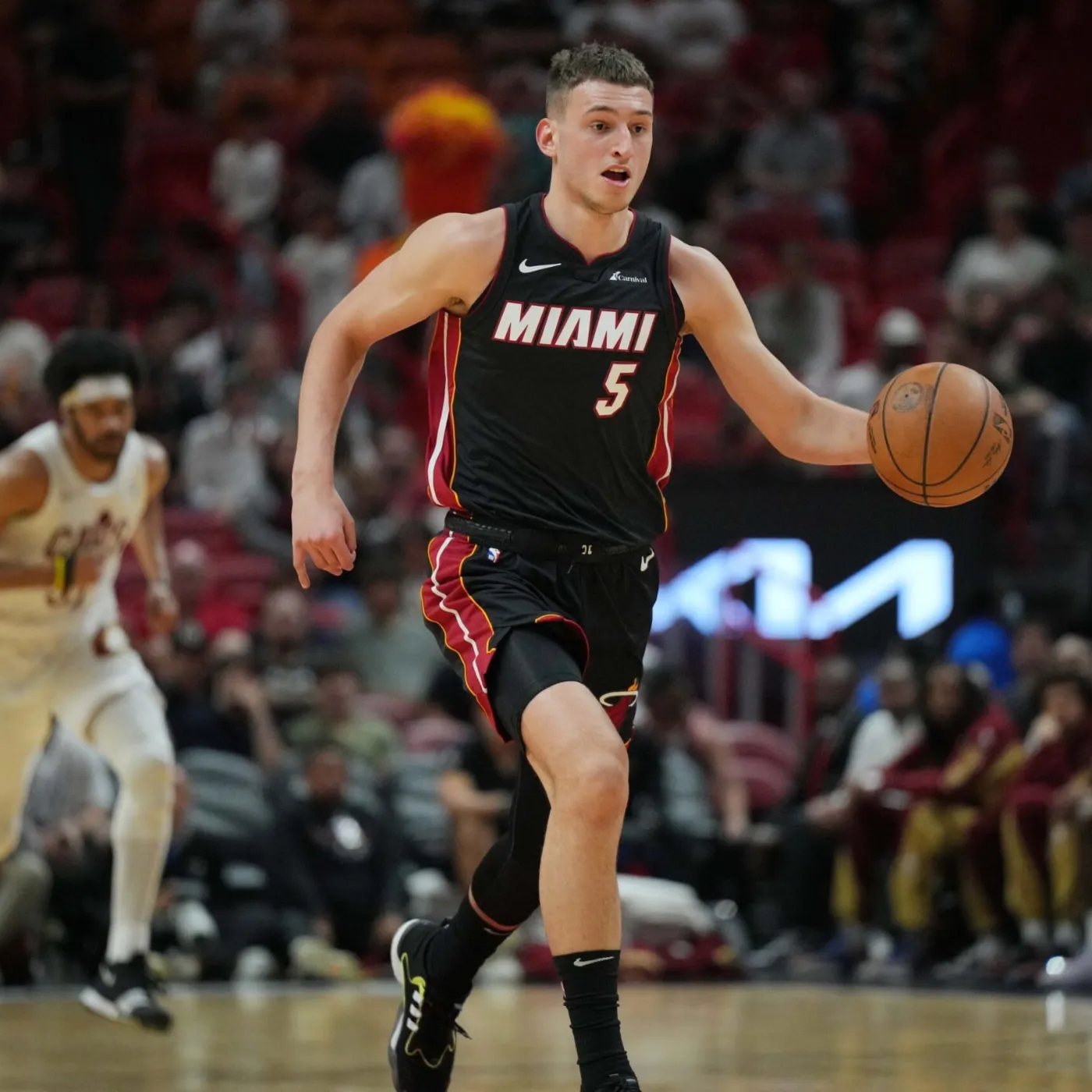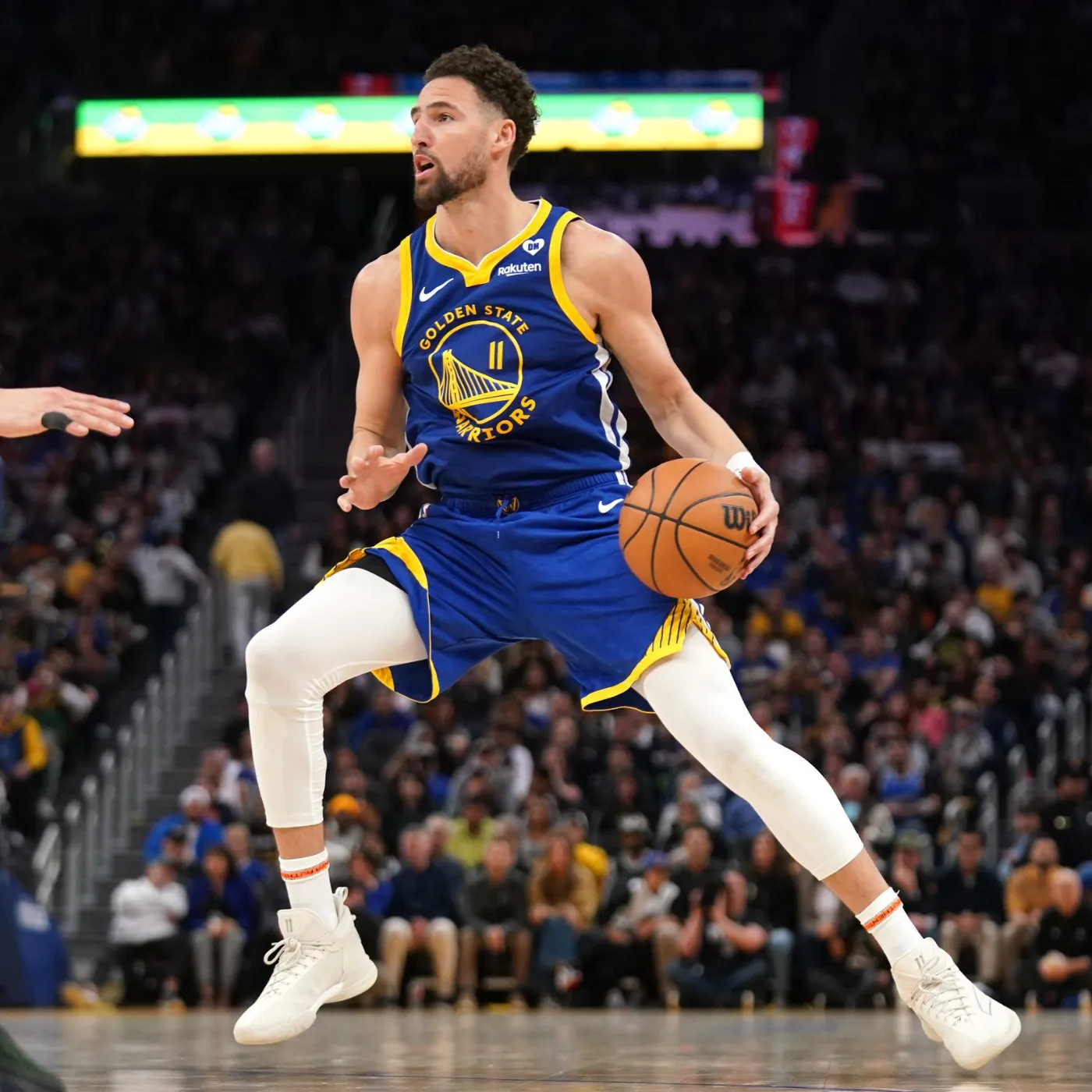
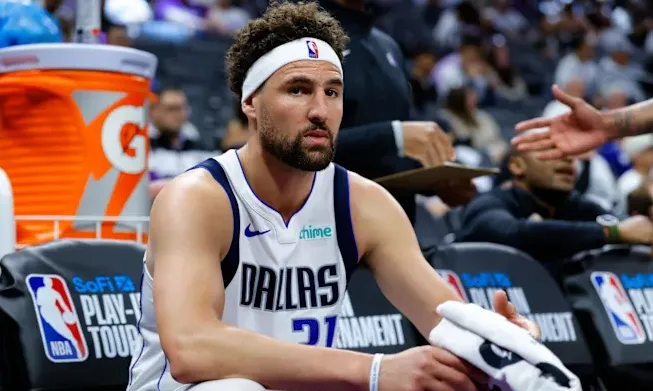
Klay Thompson Stunned: Mavericks Send an Unbelievably Blunt Message!
Just hours after the NBA free agency window officially opened at 5 p.m. CST, the Dallas Mavericks made a bold and somewhat surprising move by signing D’Angelo Russell to a two-year, $13 million deal. The 29-year-old guard, most recently with the Los Angeles Lakers, joins a crowded yet strategically uncertain Mavericks backcourt. The decision has raised eyebrows among analysts and fans, not only for the structure of the deal—made possible by the $5.7 million Taxpayer Mid-Level Exception (MLE)—but also for the reverberations it may have across the team’s rotation, including possibly sending Klay Thompson to the bench.
D’Angelo Russell Becomes Key Stopgap Until Kyrie Returns
The signing of Russell is a direct response to Kyrie Irving’s absence to begin the season due to injury. Russell is expected to share offensive initiation duties with Brandon Williams, filling a glaring gap for a primary ball-handler and shot creator. Though not known for his defensive prowess, Russell brings reliable playmaking, pick-and-roll skills, and scoring to a roster that desperately needs those things without Irving on the floor.
This signing became financially feasible thanks to Irving’s team-friendly contract structure, which allowed Dallas flexibility with the first-year salary figures. With Russell now rounding out the Mavericks’ 15-man roster, the front office is still believed to be looking for a way to bring back guard Dante Exum, possibly by trading Olivier-Maxence Prosper to clear salary and open a roster spot.
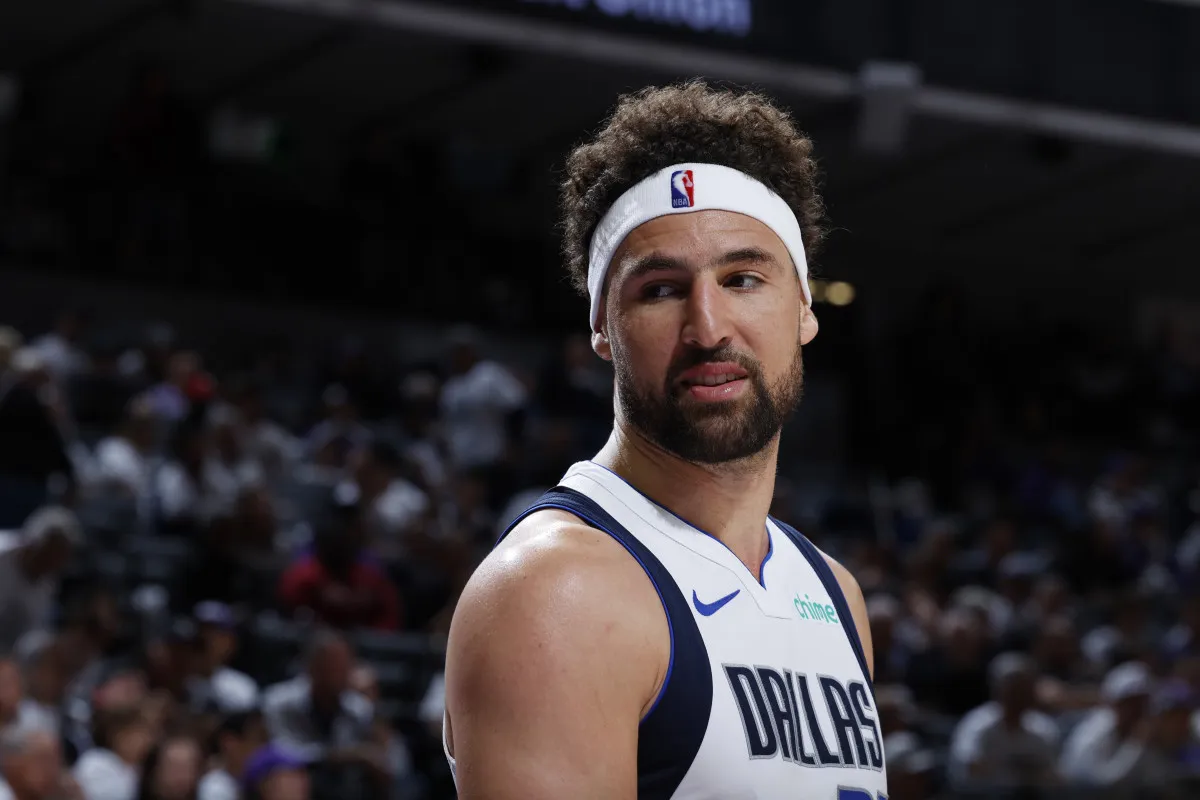
What This Means for the Starting Five: Thompson on the Hot Seat
The most immediate and controversial ripple effect from the Russell signing is what it means for Klay Thompson, who signed with Dallas this offseason in hopes of contending for a title alongside Luka Doncic and Kyrie Irving. However, with Irving out and Dallas committed to playing massive, switchable lineups, head coach Jason Kidd may now be forced to bench Thompson in favor of size and defense.
“We have the ability to play big,” Kidd said recently, hinting at lineup configurations that could include Cooper Flagg, P.J. Washington, Anthony Davis, and Dereck Lively II or Daniel Gafford.
“We like the idea of Flagg and Washington sharing the floor,” added GM Nico Harrison, following conversations during Flagg’s pre-draft process.
If Russell starts at point guard until Kyrie returns, only four spots remain, and three are virtually locked in: Doncic, Davis, and Flagg. That leaves Thompson and Washington fighting for one spot.
Defense vs. Offense: The Big Trade-Off
If Washington starts over Thompson, Dallas would be monstrous defensively. Davis remains one of the league’s top defenders, Flagg is a switchable forward with upside, and Washington adds physicality and rebounding. Add in Lively or Gafford’s rim protection, and this team could suffocate opposing offenses.
But the trade-off? Shooting and shot creation—the very things Thompson provides in spades.
Thompson is still an elite movement shooter, a secondary ball-handler, and one of the most dangerous catch-and-shoot threats in NBA history. He spaces the floor for Doncic, keeps defenses honest, and can carry an offense in stretches when hot.
“The Mavericks don’t have another player who can space the floor like Klay can,” one analyst noted. “Benching him is not a small decision.”
This becomes even more glaring with Kyrie Irving unavailable to start the season. If Dallas chooses defense over spacing, they risk starting games with a lineup that lacks offensive fluidity and perimeter firepower—a dangerous proposition in today’s high-scoring NBA.
Thompson’s Future Role: Sixth Man or Spot Starter?
It’s clear that this is not the role Thompson envisioned when he agreed to join Dallas. The idea of coming off the bench wasn’t part of the original pitch—he expected to start and compete for a championship, playing alongside two offensive juggernauts in Luka and Kyrie. But Thompson is also a seasoned veteran, known for his team-first attitude and championship pedigree.
“Klay is mature enough to accept a sixth-man role if it’s communicated clearly,” said a source close to the team. “But don’t expect him to stay silent if the offense sputters without him.”
If Thompson does accept a bench role, it could work—he’d be an elite microwave scorer, capable of changing a game’s tempo within minutes. He could also spot-start depending on matchups, preserving his body for the playoffs while helping manage game flow across the season.
Still, convincing a four-time NBA champion to take a backseat permanently is no easy task, especially when the alternative is a lineup that may struggle to generate offense consistently without Irving.
Dallas Playing a Dangerous Game of Balance
What Dallas is attempting is rare: building a defense-first juggernaut around two superstar offensive talents, even if one is temporarily sidelined. They’re betting that Flagg’s development, Washington’s versatility, and Russell’s playmaking can carry the load until Kyrie returns.
But this strategy walks a tightrope. Size and defense alone won’t win games if the offense stagnates, especially against elite opponents with dynamic scoring threats. Thompson’s shooting could be the very thing that balances the lineup, and sacrificing it might hurt more than Dallas anticipates.
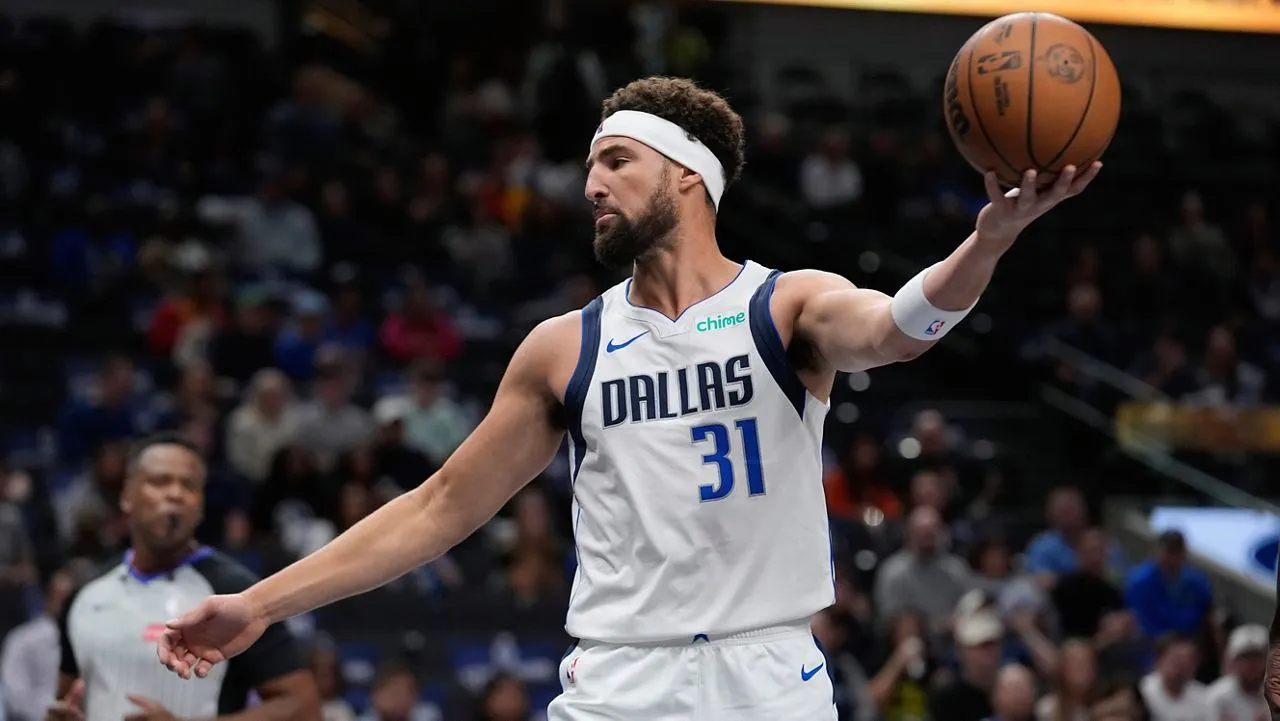
The Exum Factor Still Looms
Adding another wrinkle is Dallas’ desire to re-sign Dante Exum, a versatile defender and secondary ball-handler who thrived in limited minutes last season. If the Mavericks manage to offload Prosper and re-sign Exum, the guard rotation becomes even more complicated.
Williams, Russell, Exum, and eventually Irving would all fight for guard minutes—further muddying the waters regarding Klay Thompson’s role and usage.
Conclusion: A Delicate Balancing Act for Jason Kidd
Head coach Jason Kidd faces a fascinating but difficult challenge: choosing between offense and defense, between honoring veterans and developing young stars, between winning now and preparing for the return of Kyrie Irving. The signing of D’Angelo Russell is not just a temporary fix; it’s a move that could reshape the identity of the Mavericks’ rotation, particularly if Thompson is relegated to the bench.
Thompson may be the odd man out, but if Dallas struggles out of the gate, don’t be surprised to see him back in the starting five sooner rather than later. The Mavericks are building something unconventional—but in the high-stakes Western Conference, every rotation decision could be the difference between contender and pretender.








